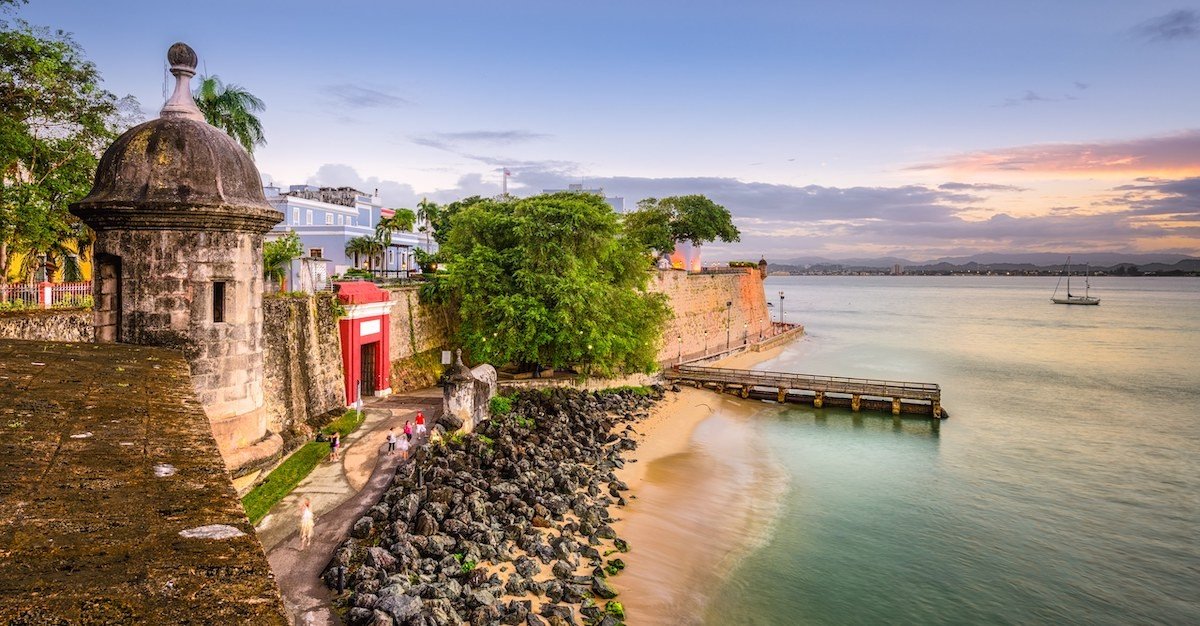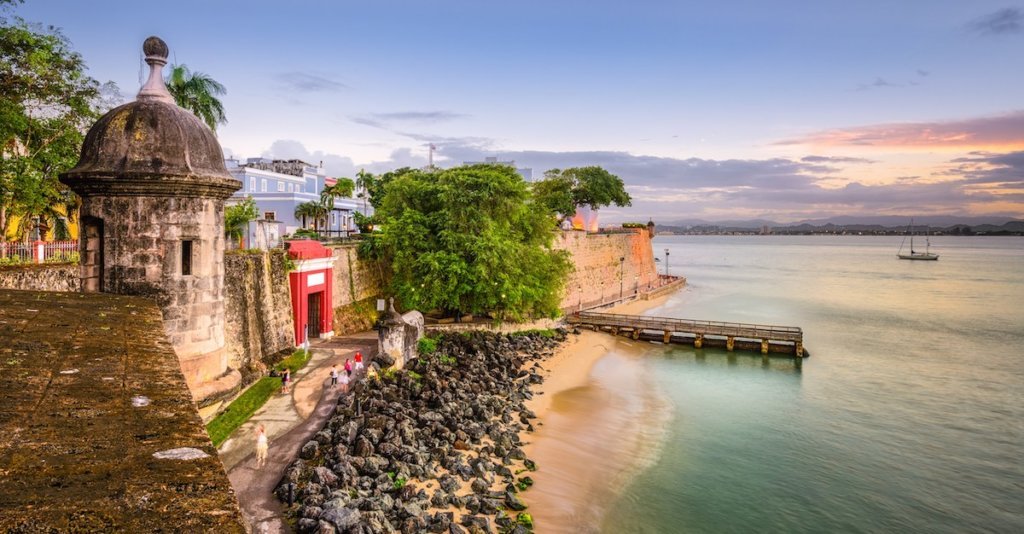Over the past two decades, one of my hobbies has been chronicling my family history.
It started back in the early 2000s right around my first military deployment. I wasn’t sure if I was going to make it home, so I had a strong desire to know more about my ancestors.
I was fascinated by what I found– not just names and dates, but the stories of their lives. And the more I discovered, the more I wanted to go even farther back.
After 18 years of doing this, I’ve managed to trace my ancestors back nearly 1,000 years to the Norman conquest of England.
(William the Conqueror ordered regular census studies to be taken, so there are ample records from that era.)
One consistent theme about my ancestors that I learned– most of those people never went anywhere.
From the late 1000s to the early 1400s, the family stayed put in Oxfordshire in southern England. That’s more than three centuries, and at least a dozen generations, who remained in the same place and rarely strayed more than a few miles from home.
And if they ever did leave town, it was usually to go fight in some foreign war.
I’ve been incredibly fortunate in this regard; my travels have taken me to more than 120 countries, and I’ve lived in several over the years. I doubt my ancestors could have ever imagined this lifestyle.
But today it’s normal. We can hop on a plane today, go to sleep in a flying bed, and wake up tomorrow morning on the other side of the planet.
Moving is also normal. People are no longer rooted to their ancestral homes, and it’s common for people to pick up and move.
It happens every day, and for a multitude of reasons– better opportunities, a new job, warmer weather, lower cost of living, etc.
But lately there’s been another big reason why people are looking for greener pastures elsewhere, at least in the Land of the Free: taxes.
Recent studies by the Heritage Foundation and Cato Institute show that, in 2016, 24 out of the 25 highest tax states showed net OUT migration, i.e. the states lost population.
And states with low (or zero taxes) have gained population.
The populations in Nevada, Washington, Florida, Texas, and even South Dakota– places without a state income tax– have all risen.
New Hampshire and Tennessee (which have no state income tax on wages) have also seen population increases.
Wyoming, which also has no state income tax, has had a small decline in overall population, but showed a substantial net increase of high income and wealthy households.
And since 2007, Texas and Florida (both states without an income tax) have gained 2.2 million people, while California and New York (both high-tax states) have lost 2.2 million people.
Up until last year, you used to be able to deduct the full amount of state and local tax on your US federal income tax return. That softened the blow of living in a high tax state like California.
Now there are strict limitations on that deduction, meaning the tax burden of living in a place like New York or California is higher than ever. So this exodus of tax refugees is likely to continue.
And then there’s Puerto Rico.
While not officially a state, Puerto Rico is a US territory… so moving from, say, New York to Puerto Rico is like moving from New York to Miami.
You don’t need to apply for residency or do anything special. You just show up here and, poof, you’re a resident.
A lot of people still don’t realize that Puerto Rico is not a foreign country. Flying here from the US mainland is a domestic flight, no different than flying from St. Louis to Chicago.
Amazon Prime works here. The US Postal Service delivers here. US mobile carriers like T-Mobile and AT&T have service here. Etc.
The point is that Puerto Rico is not Timbuktu. It’s still the United States… but with an enormous tax benefit.
Texas and Florida might have 0% state income tax. And that’s great. But residents of those states are required to pay US federal income tax.
It’s better than living in New York or California, sure. But in Puerto Rico, residents can eliminate their US federal tax obligations altogether.
This isn’t some ‘loophole’ or shady tax dodge; it’s been a deliberate part of the federal tax code for decades:
Section 933 of the Internal Revenue Code states explicitly that Puerto Rican residents are exempt from US federal tax on all income derived from Puerto Rico.
Puerto Ricans do have to pay Puerto Rican tax. But they’re not subject to US federal tax on their Puerto Rican income. In most cases they don’t even have to file a US tax return.
Up until recently, that wasn’t much of a benefit. Puerto Rico has very high local tax rates.
But some years ago the Puerto Rican government passed incredible tax incentives, allowing qualifying businesses to pay just 4% corporate tax, and individuals to pay 0% tax on their investment income.
These incentives have attracted a LOT of people (including myself) to move here. From a tax perspective, it’s like being in Texas or Florida, but even better.
If you own a business, you pay just 4% corporate tax, and 0% dividend tax when you distribute your company’s profits to yourself. And that’s it.
The Puerto Rican government changed the law several months ago… something I predicted. A great thing never lasts forever.
And, while the new provisions are still incredibly attractive (they didn’t touch the 4% tax rate), there will be some extra costs and requirements that kick in starting January 1, 2020.
But you can still apply now be grandfathered in under the current tax incentives before they change on January 1st.
So if you’ve been thinking about Puerto Rico, get down here and apply within then next 49 days.









